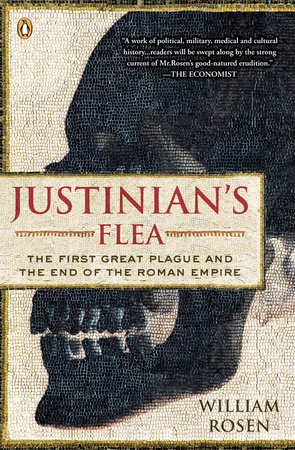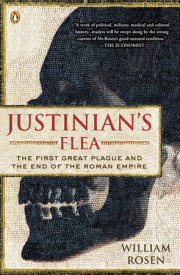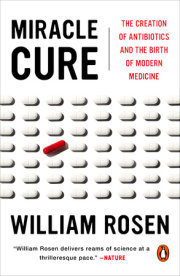Books for Asian American and Native Hawaiian/Pacific Islander Heritage Month
Every May we celebrate the rich history and culture of Asian Americans, Native Hawaiians, and Pacific Islanders. Browse a curated selection of fiction and nonfiction books by AANHPI creators that we think your students will love. Find our collections of titles here: Middle School High School









